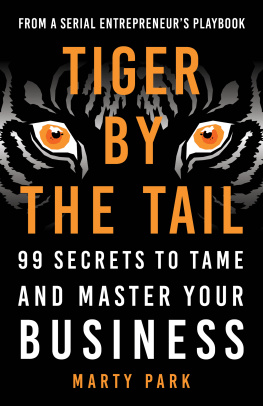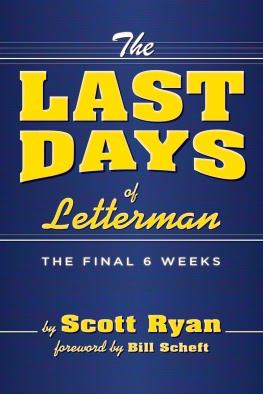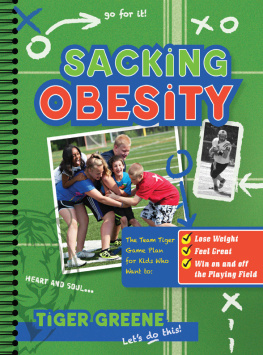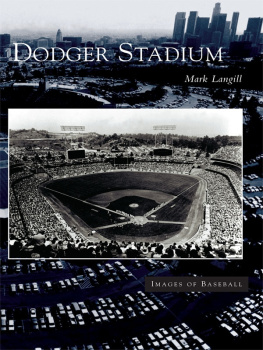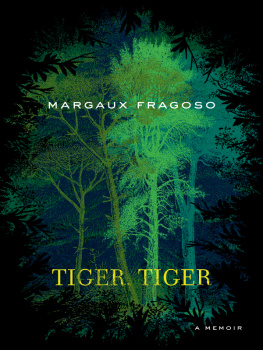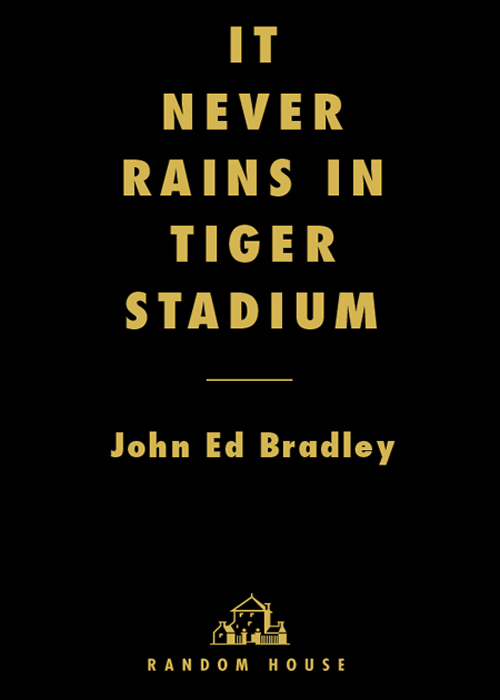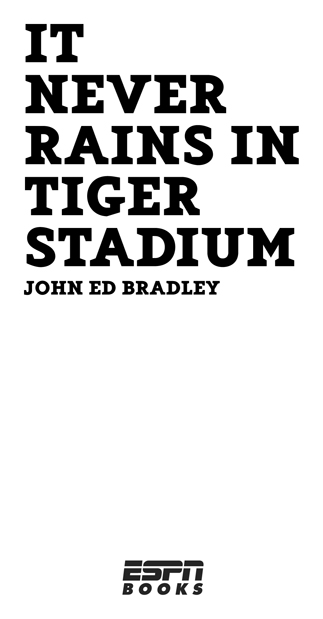Praise for John Ed Bradley's
IT NEVER RAINS IN TIGER STADIUM
John Ed Bradley has written a love poem to football, to his coach (Charlie Mac), to his daddy, to the LSU Tigers, to his teammates, to the idea of being a member of a team, to grabbing your coach with one of those teammates and carrying him aloft from the field, to going to seed in the years after It Never Rains in Tiger Stadium makes you love all of these things too and wonder what the hell you were doing when you could have been playing college football.
Esquire
John Ed Bradley is the finest example ever of a guy who could play big-time college football and also write a sentence that didn't have to be corrected. Anybody who has a passion for the game and superb writingmust read It Never Rains in Tiger Stadium. What a terrific book!
Dan Jenkins, novelist, sportswriter, official historian of the College Football Hall of Fame
It Never Rains in Tiger Stadium is much like its author: tender, tough, and wise. John Ed Bradley, who writes even better than he played ball, understands that the only way to move on is to remember.
Mark Kriegel, author, Namath: A Biography and Pistol: The Life of Pete Maravich
Fascinating stuff, a dispatch straight from the soul of an athlete, typed by a guy who really knows how to type. Terrific.
Leigh Montville, author, The Big Bam: The Life and Times of Babe Ruth
It Never Rains in Tiger Stadium is not really a memoir, not really a book about LSU, or about football, or about a man and his coach, or a man and his teammates. It is instead a love story, a romance of the old-fashioned kind: pure, enduring, and defining.
David M. Shribman, The Wall Street Journal
Tiger fan or not, this is one heckuva sport and human interest story.
Gumbo Entertainment Guide
An inspiring book for LSU fans, yet it appeals to everyone interested in college football lore and the bittersweet memories of players long retired.
The Anniston Star
Far more than an opus about football an autobiographical tour de force It is impossible to read It Never Rains in Tiger Stadium and not get immersed in Bradley's catharsis. It is a captivating trip as he weaves us through his odyssey, replete with wonderful characters who marched toward adulthood in the last act of Charlie Mac.
Tiger Rag
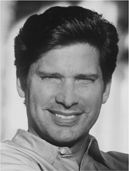
JOHN ED BRADLEY is the author of several highly praised novels, including Tupelo Nights and My Juliet. A former staff writer for The Washington Post, Bradley has contributed features to Sports Illustrated, Esquire, and GQ. He divides his time between New Orleans and Opelousas, Louisiana.
For Coach Mac
When I was a child, I spake as a child, I understood as a child, I thought as a child: but when I became a man, I put away childish things.
1 Corinthians 13:11
CONTENTS
YOU SHOULD'VE SEEN my father's arms. He didn't lift weights or do push-ups or exercise them in any way, and yet they were packed tight with muscle. When I was a boy and he lifted his highball in the evening for a sip, a round knot the size of a softball came up under the skin and slowly flattened out when he lowered the glass back down. I loved his arms so much that I memorized every vein, sinew, and golden hair. I knew the wrinkles of his elbows.
In the summer, when he worked for the city's recreation department, supervising the baseball program at the park, Daddy liked to come home for lunch and a nap. He had lemonade and a BLT, then he had me lie close to him on the sofa, and he draped an arm around me. One two three he'd count in a whisper, and then he was out, sleeping that easily.
I lay there wondering if I'd ever have arms like his. I needed both hands to travel the distance around his wrist, the tips of my thumbs and fingers barely touching. I felt the hardness of his forearm. I saw how his wedding band fit him like a strand of barbed wire on a tree whose bark had grown around it. He smelled of the grass and the sun, of green and gold days that started early and ended late.
Were you a good player? I asked him once as he was coming awake.
Was I what?
A good player.
You want to know if I was a good player?
Yes, sir.
What kind of question is that?
I don't know. Did they run your name in the paper a lot?
He looked at me in a way that let me know he wanted my attention. None of it matters, John Ed. Was I a good teammate? Did I do my best and give everything I had to help the team? These are the questions you need to be asking.
I wondered how to answer them, these questions he found of such importance. Many years would have to pass before I was old enough to join a team. He pulled me close again, as if he'd just remembered something. John Ed?
Yes, sir.
Always be humble.
The rest of the year he worked as a civics teacher and coach at the high school in town. The town was Opelousas, on the road between Alexandria and Lafayette, and it was just small enough, at about twenty thousand, to be excluded from Louisiana state maps when TV weathermen gave their forecasts in the evening. In the morning, my father left home wearing coach's slacks with sharp creases and a polo shirt with a Tiger emblem and the words OHS FOOTBALL printed in Halloween orange on the left breast, the lettering melted from too much time in the dryer. A whistle hung from a nylon cord around his neck. It was still hanging there when he returned at night and sat down to a cold supperthe same meal Mama had served her children hours earlier. You don't want me to warm it for you, Johnny?
No, baby. That's okay.
Sometimes in the afternoon, Mama drove me out to the school. She parked under the oak tree by the gymnasium, pointed to where she wanted me to go, and I walked out past a gate in a hurricane fence to the field where my father and the other coaches were holding practice. Four years old, I wore the same crew cut that my father wore. I stumbled through tall grass and out past the red clay track that encircled the field. At home, my father didn't raise his voice, but here he seemed to shout with every breath. A team manager took me by the hand and led me to a long pine bench on the sideline. I sat among metal coolers, spare shoulder pads and toolboxes crammed with first aid supplies. I waited until the last drill had ended and the players came one after another to the coolers for water the same temperature as the day, drunk in single gulps from paper cups shaped like cones. The players took turns giving the top of my head a mussing. You gonna play football when you grow up?
I don't know.
You gonna be a coach like your daddy?
I want to.
Already I was certain that no one mattered more than a coach. I would trade any day to come for a chance to be that boy again, understanding for the first time who his father was. Give me August and two-a-days and a group of teenagers who are now old men, their uniforms stained green from the grass and black with Louisiana loam. Give me my father's voice as he shouts to them, pushing them harder than they believe they can go, willing them to be better. Give me my father when practice is over and he walks to where I'm sitting and reaches his arms out to hold me.


